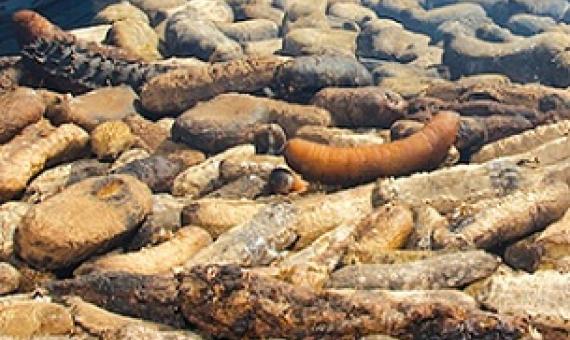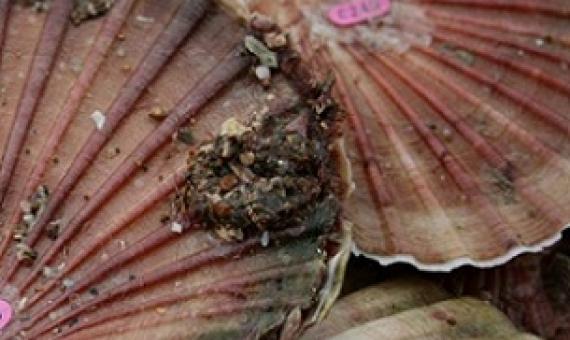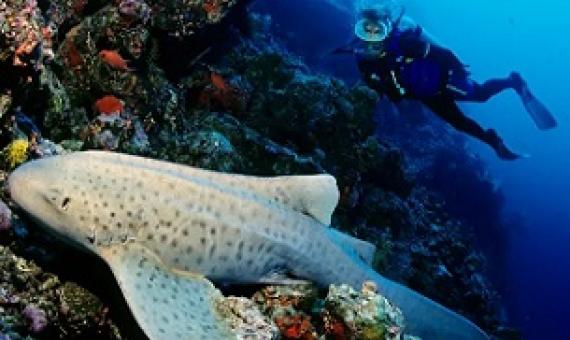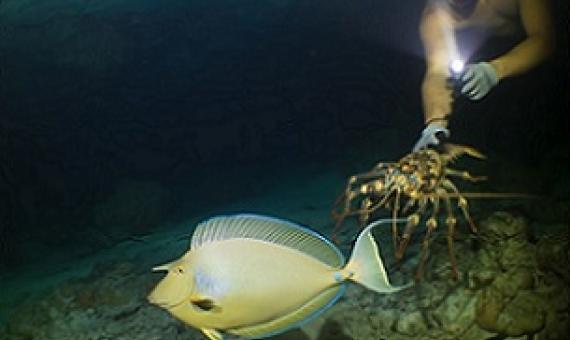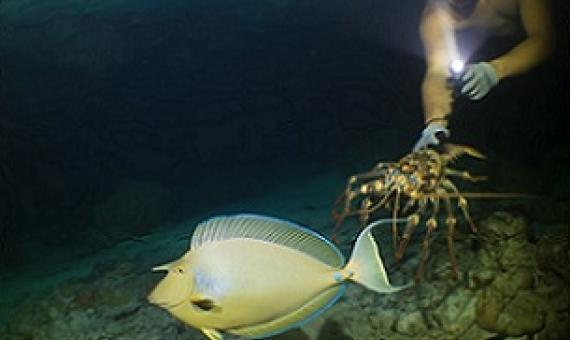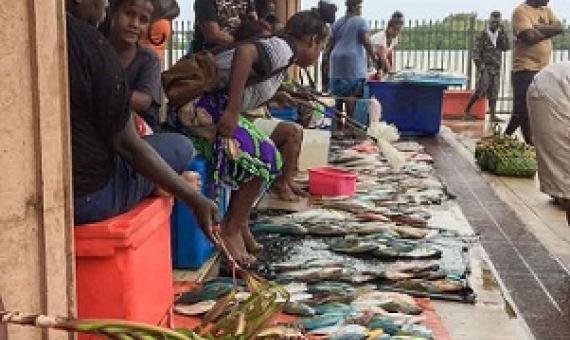The Ministry of Fisheries and Marine Resources (MFMR) has lifted the beche-der-mer ban, reopening the harvest period for a year, starting today.
Concerns had been raised from residents in Muri regarding cages holding sea urchins locally known as “avake” (Tripneustes gratilla) in Muri lagoon.
Police are yet to lay any charges against a Chinese man allegedly behind an illegal sea cucumber harvesting operation at his Vaitele residence, the Acting Police Commissioner, Papali'i Monalisa Tiai-Keti has said...The sea animal is prized as a delicacy in countries such as China where it can com
Coromandel's Eastern Peninsula community is outraged commercial fishing boats, donning pirate flags, are harvesting scallops in a rāhui zone. They were spotted in the area yesterday, which has been under a voluntary rāhui since December to allow scallop beds to recover.
The Council of Chiefs (COC)of the Republic of Palau, in response to Senate Bill 11-33, which seeks to allow two-month harvest season per year for five years of adult Napoleon Wrasse (Maml) and adult Bumphead Parrot Fish (Kemedukl) for personal consumption, say they support limited season for the
Kneeling on the seabed a few metres underwater, I pick up a clam and begin gently cleaning its furrowed, porcelain smile with a toothbrush. It’s a giant clam but a young one and still just a handful.
The Cook Islands National Environmental Services have reminded the public once again of the restrictions surrounding the removal of pa’ua (giant clam meat and shells) from the reef and taking the shellfish out of the country.
Government says it has no intention to legislate Ra’ui to manage the country’s reef and lagoons, opting instead to introduce contemporary approaches that aim to address perceived over-harvesting of resources.
A recent confrontation between a Government MP and a Rarotonga market stall operator over the harvesting of Avake (sea urchin) has revived calls to give traditional conservation practices greater authority by incorporating them into law.
In recent times, communities in the Western Province of Solomon Islands have seen a drastic decrease in fish numbers in their common fishing grounds. Two coastal communities that rely on the ocean for survival are Nusa Baruku, on Gizo Island, and Babanga...The communities need assistance fro

